WATCH: Village wisdom pushing Zimbabwe’s agriculture revolution
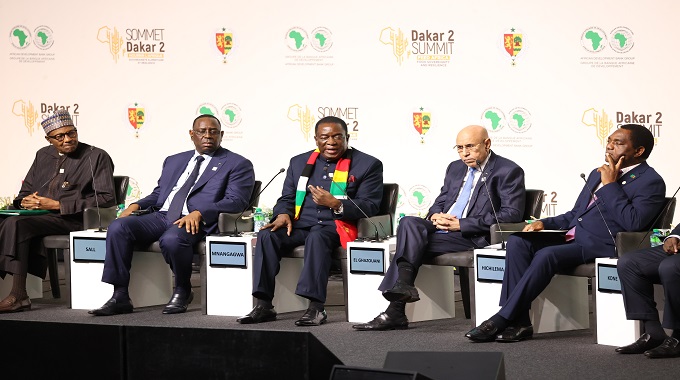
Vusumuzi Dube in Dakar, Senegal
SIMPLE village wisdom has impacted on the continued growth of Zimbabwe’s agricultural revolution which has seen the country producing one of its best wheat harvests and ensure that the nation becomes food secure.
This was revealed by President Mnangagwa during his presentation at the Dakar II Feed Africa Summit where he was presenting on Zimbabwe’s vision for growth in agriculture, regional integration, public-private partnerships, and scaling up success stories. President Mnangagwa said village philosophy entails that a country must be ruled and developed by the people of that country.
“In Zimbabwe we had the problem of food insecurity and we said, how much food do we want in a year to feed our nation and the figure we got was 2 million metric tonnes of grain. So we said, because there is climate change, how many hectares of land can we put under irrigation to produce 2 million-plus metric tonnes to feed the nation and we determined how much yield does a hectare have hence we knew the figures and we did that and we are now food secure.

“Secondly we have been importing our wheat from Ukraine and fertiliser from Russia, now that side is problematic. We thus decided to say we need about 240 000 metric tonnes of wheat, so how much hectares do we need under irrigation to grow wheat and we calculated and put that number under wheat and we are now wheat sufficient and we believe next season we will be able to export wheat,” said the President.
He further revealed that to solve the fertiliser problem, the country also explored the option of producing its own fertiliser after noting that Zimbabwe has all the by-products for fertiliser production.
“Also it is necessary that we harvest water and we have a programme where we are constructing dams in all our eight agricultural provinces and making sure we irrigate enough land to feed the nation,” said President Mnangagwa.
The Second Republic’s industrialisation and modernisation agenda which is anchored on the National Development Strategy 1 (NDS1), the framework towards Vision 2030 to become an upper-middle class economy, has yielded a number of resounding success stories which include the highest wheat harvest in 56 years.
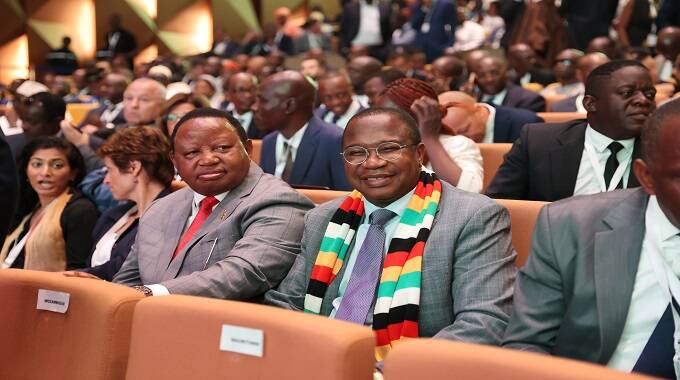
The President travelled to the summit with the Minister Lands, Fisheries, Water and Rural Development, Dr Anxious Masuka, Minister of Finance and Economic Development, Prof Mthuli Ncube and the Minister of Foreign Affairs and International Trade, Ambassador Frederick Shava.
The three-day summit is being held under the theme: “Feeding Africa: Food Security and Resilience”, and is being hosted by Senegalese President, who is also the AU chairperson, Macky Sall, with the African Development Bank Group coming in as co-hosts, with just over 1 500 delegates attending.
In his opening remarks, President Sall emphasised the need for Africa to come together in ensuring that the continent is food secure noting that there is an important need to focus on small holder farmers as they also hold the key towards the growth of the sector.

Some of the Heads of State attending the Dakar 2 Feed Africa Summit in Dakar, Senegal.
“As Africa, we must support small holder farmers so that they are not sacrificed for the benefit of large-scale agriculture in terms of financing. The land reform is an extremely important process in Africa and requires a reconciliation between family requirements and the requirements of agribusiness for large-scale production,” President Sall said.
He said special attention has to be given to the access of land for women and the youth on the continent.
“We have the trajectory of the Africa with problems which has maintained us in statistical situation within agriculture which will continue to expose us to food precariousness highly dependent on climate hazards, but furthermore we also have a trajectory of Africa with solutions which places us on a prospect of modern agriculture and this will lead us to food sovereignty beyond resilience.

“Dakar 2 will want to be part of a momentum of solutions. We want to remain combative, resolute and be able to rise up to the challenges we face. This is a time for action so that we ensure that the Feed Africa Summit is a success and that there is food sovereignty in Africa,” said President Sall.
The inaugural edition was held in 2015, during which the Feed Africa Strategy for Agricultural Transformation (2016-2025) in Africa, was proposed.


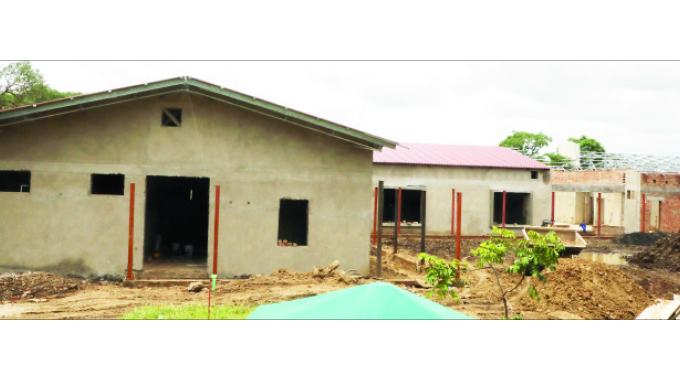

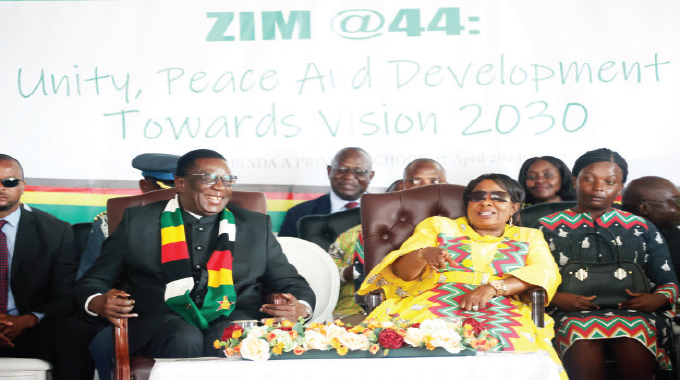
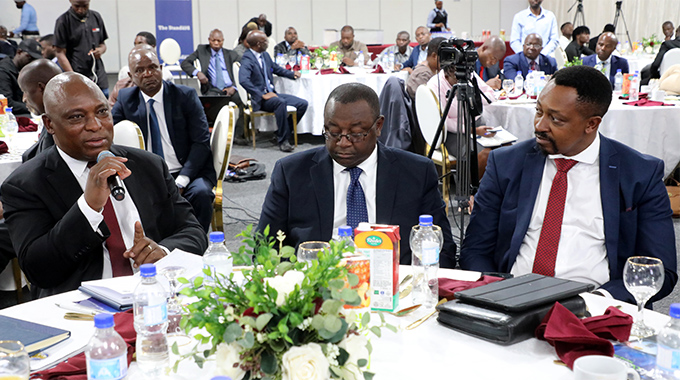





Comments